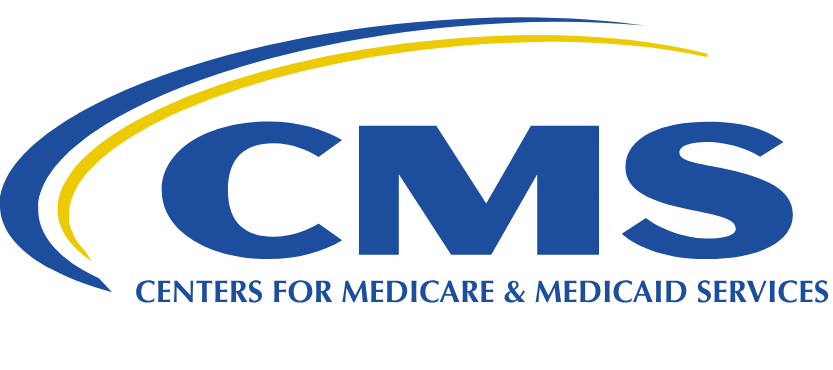Navigating the Medicare Maze: How Innovative Technology is Modernizing Benefits Verification During Open Enrollment

As Medicare annual open enrollment is underway, healthcare providers soon face the overwhelming task of verifying benefits for millions of patients.
With an estimated five million people needing to find new Medicare health or drug plans for 20251, the challenges are unprecedented. Rising out-of-pocket maximums, changes to drug benefits, and shifts in provider networks have created a complex landscape that can be overwhelming for both patients and providers.
However, innovative technology solutions are emerging as powerful tools to streamline the enrollment and benefits verification process, offering a beacon of hope in this sea of complexity.
The Power of Real-Time Eligibility Checks
The advent of advanced medical insurance eligibility verification software has modernized the way healthcare providers approach patient coverage confirmation. These cutting-edge tools offer real-time eligibility checks, allowing providers to instantly verify a patient’s coverage, reducing administrative burden and minimizing errors.
In the beginning of the year, when many patients have a new healthcare plan, this capability is invaluable. Providers can quickly determine which services are covered, what the patient’s out-of-pocket costs will be, and whether any prior authorizations are required. This level of detail allows for more informed decision-making and helps prevent unexpected bills for patients.
Minimizing Claim Denials and Billing Issues With AI & Automation
Artificial intelligence (AI) and automation are playing an increasingly critical role in benefits verification and claims processing. These technologies can analyze vast amounts of data, identify patterns, and flag potential issues before claims are submitted. By doing so, they significantly reduce the likelihood of claim denials and billing errors.
AI-powered systems are now predicting potential claim denials based on historical data and payer-specific rules, automatically correcting common errors in claim submissions, and prioritizing claims that are most likely to be approved, optimizing the revenue cycle.
The integration of AI in claims processing has shown promising results, with some studies indicating that AI-driven claims processing can reduce denial rates by up to 30% and improve first-pass claim rates by 25%2. This not only accelerates reimbursement but also frees up staff to focus on more complex patient care issues.
Empowering Patients with Transparency
Advancements in healthcare technology have brought remarkable transparency to benefit management, streamlining processes for healthcare organizations and ultimately enhancing patient experiences. With tools for cost estimation, network analysis, and eligibility verification, providers can now give patients a clearer view of their treatment costs and coverage before care begins.
For example, real-time cost estimation software allows healthcare providers to calculate patient financial responsibilities for tests, medications, and procedures by cross-referencing multiple databases. This level of transparency enables patients to understand their out-of-pocket expenses, including deductibles and copays, before receiving care, thereby reducing the risk of surprise bills or claim denials.
Empowering healthcare providers with these tools not only minimizes revenue delays and improves operational efficiency but also leads to higher patient satisfaction and confidence in the care process. As healthcare continues to evolve, the integration of predictive analytics and interoperable systems will ultimately benefit both patients and providers.
Looking to the Future: Advancements in Medicare Administration
As we look to the future, Medicare administration appears increasingly digital and data driven. We can anticipate several advancements that will further streamline benefits management, including transparent record-keeping technology, predictive analytics to anticipate patient needs and optimize care delivery, virtual assistants to guide patients through the enrollment process, and interoperable systems that allow seamless data sharing between providers, payers, and patients.
These innovations promise to make the Medicare system more efficient, user-friendly, and responsive to the needs of an aging population. The potential impact of these advancements is substantial, with experts predicting that by 2030, over 80% of Medicare administrative processes will be fully automated, leading to an estimated $50 billion in annual savings for the healthcare system3.
While technology is modernizing benefits verification and enrollment, it’s critical to remember the importance of the human touch. These tools should enhance, not replace, the valuable interactions between healthcare providers and their patients. By automating routine tasks and providing clear, actionable information, technology frees up time for meaningful conversations about health and care options.
The combination of digital tools and personalized guidance has proven to be particularly effective, with studies showing that patients who receive personalized guidance alongside digital tools are 40% more likely to choose plans that best fit their health needs and financial situations4.
As we navigate the complexities of Medicare open enrollment until the period ends on December 7, it’s clear that technology is playing a pivotal role in simplifying the process for both providers and patients.
Real-time eligibility checks, AI-powered claims processing, and transparent cost comparisons are just the beginning. These innovations are paving the way for a more efficient, accurate, and patient-centered approach to Medicare administration.
2: https://aihc-assn.org/ai-and-algorithms-an-effective-approach-to-medical-claims-processing/
3: https://www.experian.com/blogs/healthcare/prevent-claim-denials-with-ai-and-automation/